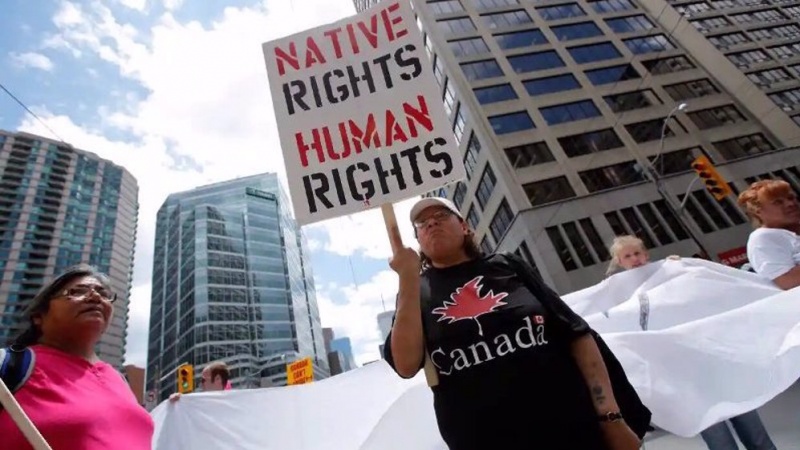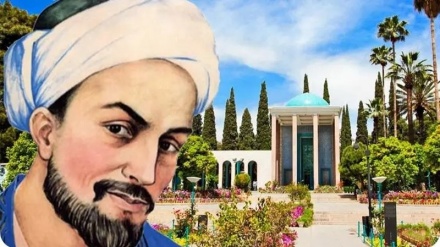Canadian women struggling with discrimination, inequality, violence: Report
Women in Canada, particularly the Indigenous, are struggling with discrimination, inequality and violence as their rights are constantly violated, according to a new report by Iran's High Council for Human Rights.
According to Press TV, in a detailed bilingual report (Persian and English) published on Wednesday, Iran's top human rights body reviewed violations of women’s rights and violence against female citizens, particularly Indigenous ones, in the North American country.
In its opening part, the report, titled “Discrimination, Inequality & Violence Against Women in Canada”, cited the United Nations Special Rapporteur on Violence against Women, Its Causes and Consequences, Dubravka Simonovic, who, during a visit to Canada in April 2018, urged Ottawa to urgently rescind all remaining discriminatory provisions in Indian Act and any other discriminatory national laws and practices against Indigenous women and girls.
The so-called Act is a paradoxical document that has enabled trauma, human rights violations and social and cultural disruption for generations of Indigenous peoples.
“For decades, First Nations women and their descendants have faced sex-based discrimination that has been perpetuated by these provisions, constituting a violation of international and national gender equality standards,” said the UN expert at the time.
Citing new data released by Statistics Canada in May, the report said that more than six out of 10 Indigenous women reported experiencing physical or sexual assault at some point in their lifetime.
This is while Ottawa has yet to release a federal action plan to address violence against Indigenous women and girls.
Canada's 1.7 million Indigenous citizens, nearly five percent of the population, mostly live in isolated communities where poverty, high unemployment and high risk of suicide are chronic problems.
According to the report, in 2019, only six percent of sexual-assault incidents experienced by Canadians 15 years of age and older had been reported to the police.
Sexual assaults account for one-third of an overall five percent increase in reports of violent crime, with homicides, criminal harassment, hate crimes, and firearm offenses also on the rise. The vast majority (96 percent) of detected victims of human trafficking were women and girls. In all, one in four (25 percent) victims was under 18.
Last year, a thorough 404-page report on Sexual Violence in the Canadian Armed Forces (CAF), called the Arbour report after its author, pinpointed the many failures of the CAF over the years to address misogyny, discrimination, sexual violence and trauma experienced predominantly by female members of the military.
“One of the dangers of the model under which the CAF continues to operate is the high likelihood that some of its members are more at risk of harm, on a day-to-day basis, from their comrades than from the enemy,” said Louise Arbour, a former justice of the Supreme Court of Canada.
About a quarter of the women serving in the Canadian military say they have been sexually assaulted during their military careers.
The report by Iran's High Council for Human Rights further said that violence against Indigenous peoples in Canada reflects the traumatic and destructive history of colonialization that impacted and continues to impact Indigenous families, communities, and Canadian society overall.
ME



